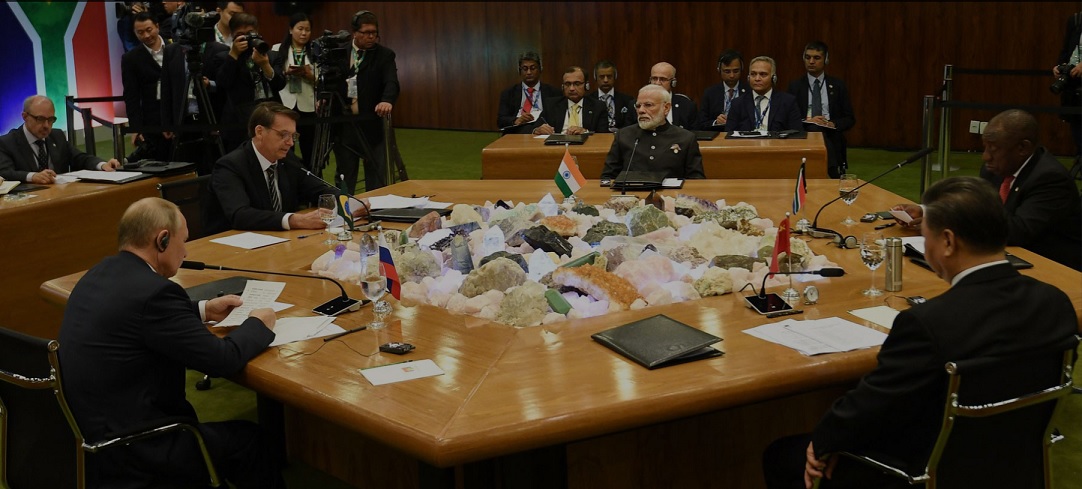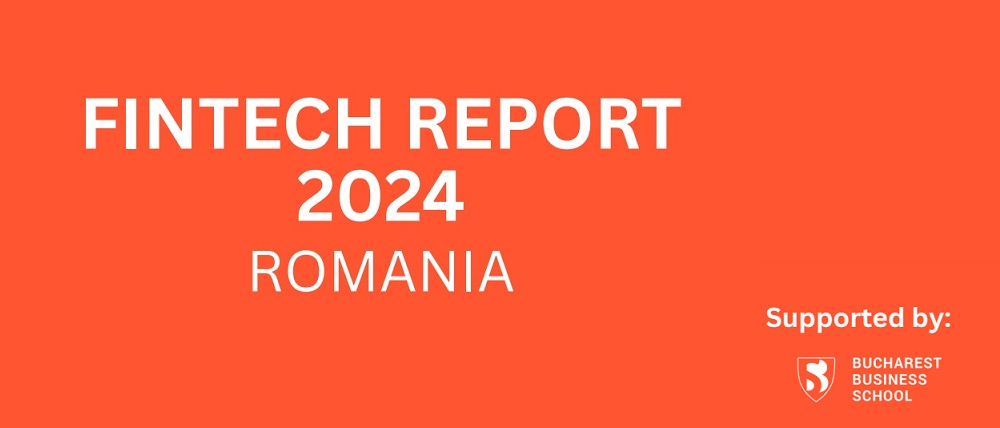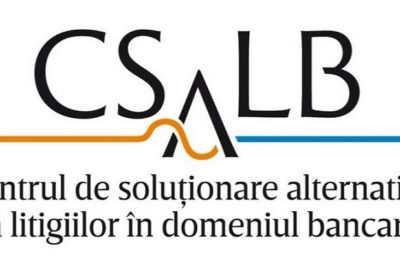Twenty three countries have formally applied to become new BRICS members. In addition to accepting this expansion, the establishment of an independent global financial and payments system will also be on the agenda of the BRICS nations.

BRICS (Brazil, Russia, India, China and South Africa) currently contribute more than 31.5% of the global GDP, with further projected growth. Meanwhile, G7 (Canada, France, Germany, Italy, Japan, the United Kingdom, and the United States) contribute around 30%. BRICS has already launched the New Development Bank (NDB) and members are promoting new currency and reserve arrangements to challenge the supremacy of the US dollar.
Twenty three countries have formally applied to become new BRICS members, including Saudi Arabia, Iran, United Arab Emirates, Argentina, Indonesia, Egypt and Ethiopia, according to Reuters.
The BRICS group of major emerging economies – Brazil, Russia, India, China and South Africa – will hold its 15th heads of state and government summit in Johannesburg this month. South Africa will host the summit from Aug. 22-24.
Perhaps the most important and controversial issue the leaders are expected to discuss is BRICS expansion by adding new members, including the admission criteria and guiding principles.
But divisions among BRICS members over criteria for admitting new members may preclude any major announcements at the summit, as the bloc operates by consensus.
China, seeking to boost its geopolitical might at a time of tensions with the United States, is the main driver of expansion. Russia is also embracing it as a way of overcoming isolation over the Ukraine war, and India is also coming around to the idea. Brazil is the most sceptical of enlargement.
South Africa, the smallest in the bloc in terms of economic clout and population, was the first country to benefit from the its expansion ambitions when it officially attended the original BRIC members summit of 2011.
The BRICS group accounts for more than 40% of the world population and about 26% of the global economy and offers an alternative forum for countries outside diplomatic channels seen as dominated by traditional Western powers. Its influence and economic heft has more nations eager to join.
„At this meeting, we could possibly decide by consensus which new countries will be able to join the BRICS. I consider it extremely important to allow other countries that meet the BRICS requirements to join the group,” Brazilian President Luiz Inacio Lula da Silva said.
Wang Youming, director of the department for developing countries studies at the China Institute of International Studies, told CGTN that „The expansion of the BRICS group has become a consensus. So far, over 40 countries have applied to join BRICS, indicating that the influence, attractiveness and appeal of BRICS are growing day by day.”
Many countries want to join the BRICS system, as it can help establish an international power system commensurate with their economic size and break the imbalance in the current global governance system, Wang said.
„Different from the exclusive club, the Group of Seven, or the G7, the BRICS spirit features mutual respect and understanding, equality, solidarity, openness, inclusiveness, and consensus, which is also one of the reasons many countries want to join the mechanism,” he said.
Additionally, the expert pointed out that building stronger solidarity and deeper economic cooperation, including the establishment of an independent global financial and payment system, will be on the agenda of the BRICS nations.
Economic implications
BRICS now contribute more than 31.5% of the global GDP, with further projected growth. Meanwhile, Canada, France, Germany, Italy, Japan, the United Kingdom, and the United States (G7) contribute around 30%.
„And that’s not even it. The bloc has already launched the New Development Bank (NDB) and members are promoting new currency and reserve arrangements to challenge the US dollar. The new currency should reportedly be backed up by gold and other commodities (i.e. oil or lithium).
BRICS expansion could lead to 90% of oil sales no longer being settled in US dollars. Moreover, the other potential additions to the bloc represent a whopping 60% of all global oil reserves.” says Linas Beliunas, Country Manager, Europe, and General Manager, Flutterwave Lithuania.
„Massive shifts are happening in the world right now, and the average Joe in the West still believes that BRICS is just a construction material. The New World Order is emerging.” Beliunas added.
Dariusz Mazurkiewicz – CEO at BLIK Polish Payment Standard
Banking 4.0 – „how was the experience for you”
„To be honest I think that Sinaia, your conference, is much better then Davos.”
Many more interesting quotes in the video below:










